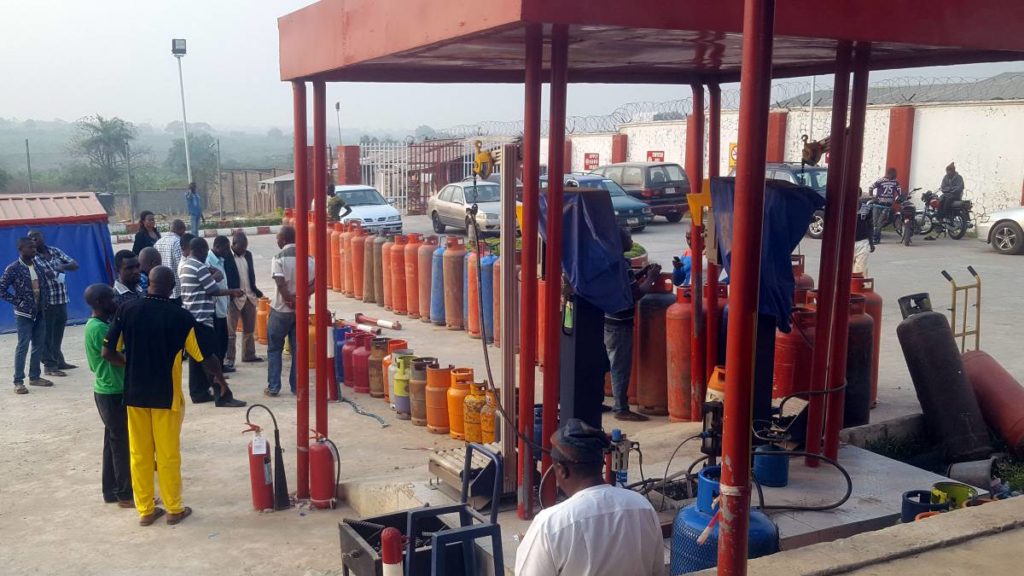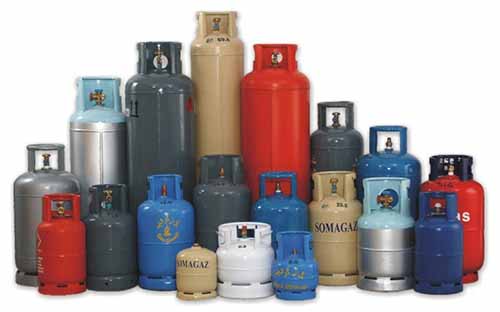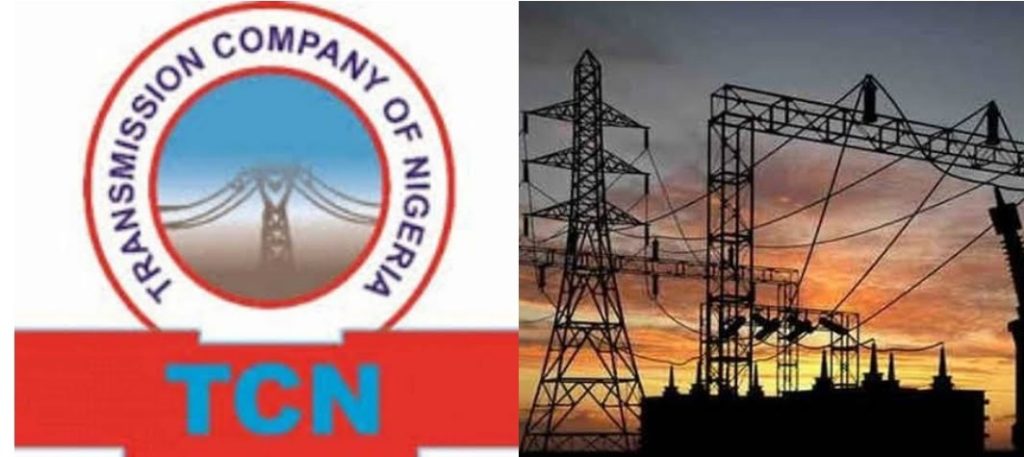NCDMB, Rungas to establish cooking gas cylinders plant in Bayelsa
The Nigerian Content Development and Monitoring Board, NCDMB, yesterday, said it has entered into partnership with Rungas Prime Industries Limited to establish a 400,000 cooking gas cylinders per annum manufacturing plant in Polaku, Bayelsa State.

In a statement in Abuja, Executive Secretary of the NCDMB, Engr. Simbi Wabote, stated that the factory would produce Type 3 Liquefied Petroleum Gas, LPG, composite cylinder.
Wabote added that the NCDMB was keen for the project to start immediately, due to the fact that it would create employment opportunities for youths from the state and environs.
He stated that groundbreaking ceremony for the cooking gas cylinders manufacturing facility would be performed in a few weeks by the Minister of State for Petroleum Resources, Chief Timipre Sylva.

Another strong motivation for the facility, according to Wabote, was the direct linkage to one of Sylva’s operational priorities, which was the penetration and utilisation of liquefied petroleum gas, also known as cooking gas, by Nigerians.
The expressed optimism that the project would generate up to 200 direct and indirect jobs during construction phase and about 350 direct and indirect jobs during the full operations phase, in addition to other induced employment and economic activities.
Wabote revealed that from the 10.6 hectares of land the NCDMB purchased at Polaku, Rungas had been allocated two hectares for the establishment of the factory, adding that NCDMB had allotted another hectare of the Polaku land to a gas distribution company for the construction of a Pressure Reduction and Metering Station.
He said,”This is meant to supply gas to upcoming industries in Polaku, Gbarain, and other surrounding areas to the distribution of domestic gas for power generation and for other industrial uses.”
The NCDMB boss explained that the NCDMB had purchased 10.6 hectares of land at Polaku in June 2013 for the purpose of establishing a pipemill, adding that discussions with Yulong Pipemill of China and other investors did not yield expected results, leaving the land to lie fallow for almost seven years.
He maintained that the Board changed its strategy after experiencing long delays in getting investors for the planned pipemill, adding that the new strategy would ensure utilisation of the site and bring manufacturing outfits to the area for creation of jobs and increase in economic activities.
Wabote hinted that NCDMB was also in discussion with other investors to take up the remaining portions of the Polaku land, adding that the NCDMB would allocate the land to as many companies as possible for the setting up of viable businesses until the land is fully allocated.
He explained that the NCDMB’s partnership with investors was in line with its vision to serve as a catalyst for the industrialisation of the Nigerian oil and gas industry.
Identifying reasons why Yulong Pipemill did not continue with the pipemill project, Wabote said the company had concerns about security, cooperation from the host community and return on their investment, especially after the crash of crude oil prices in the international market.
He noted that the company moved to Lekki Free Zone in Lagos and set up the pipemill within six months in 2016.
He charged the Polaku chiefs and leaders to support the new investment because it will place their community on the map of oil and gas manufacturing activities and provide job opportunities for their children.
“Your roles should include checkmating any individual or group that wants to derail this wonderful opportunity from coming into fruition in your community,” he advised.
He also promised that the Board would set up a community interface committee that would comprise representatives of the community, the investor and NCDMB, with responsibilities
to ensure community participation in the project, enhance cordial relationship and promote compliance with the Community Content elements of the project.
He however warned that the Board would move the investment to another location if the Polaku community became difficult, uncooperative or unreceptive.

